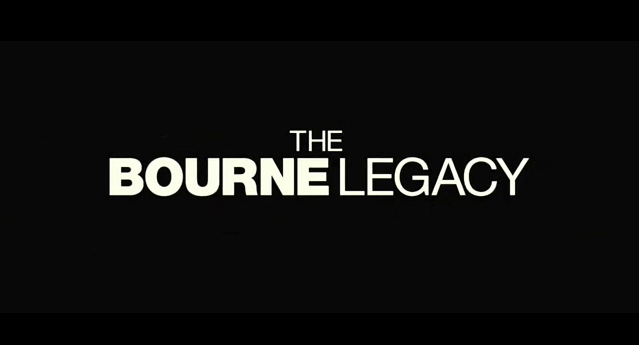Aguinaldo.
After last year's surprisingly
good period gangster film that is "Manila Kingpin: The Asiong Salonga
Story", here is E.R. Ejercito again with an Emilio Aguinaldo biopic
entitled "El Presidente", an infinitely trickier film to pull off,
scope and exposition-wise.
If E.R.'s previous film
focuses mainly on gangland altruism, "El Presidente" is all about
patriotic resilience amidst imperialism, and it definitely shows on the film's
abundant dose of sentimentalism. And if E.R. seems tailor-made for the role of
Asiong Salonga (after all, he has already played Asiong in the '90s film "Asiong
Salonga: Hari ng Tondo"), he seems feverishly out of place in this whole
historical drama, especially when he's surrounded by character actors that are
ten times more talented than him.
Now do not get me wrong, when
I think of a more suitable and relatively bankable actor to play Aguinaldo, I
can't really think of anyone save for Ejercito himself (as of the moment, that
is). Except for his bulldog-ish cheeks, Ejercito nicely fits the title role
specifically because of his relative mass appeal and sense of authority. But
then, somebody has seemingly forgotten to remind him that "El
Presidente" is, after all, a film and not a theatrical play.
With his repetitively
oratorical hand gestures and monotonous line deliveries, despite of the stature
of the person he's playing, E.R. is easily dwarfed by his co-actors in the
film, specifically Cesar Montano, whose brief but strong turn as Andres
Bonifacio is a mild cause for celebration. Except for his hair that's anachronistically
gelled upwards, Cesar Montano's Bonifacio is so well-portrayed that I wouldn't
bother for him to have more screen time than Aguinaldo himself. Granted,
"El Presidente" is quite sophisticated with its cinematography and action
sequences, but its whole narrative seems fairly derivative and very 'Philippine
History 101' that the film's human aspect was left terribly wanting.
Complete with cursive
texts beneath every establishing scene that continuously remind us that
the film is more of a crash course on the history of pre-republic Philippines rather
than a fairly humanizing story of a great man (this, of course, depends on
who's seeing the film), "El Presidente" never quite connects on the
emotional level. Instead, and this is quite saddening, it merely gives out the
occasional 'wow' factor with its action set pieces, mammoth scope and nothing
more. And although I also liked Baron Geisler's intense performance as a
Spanish captain, the film's supporting cast was fairly uninspired and a tad too
unconvincing; indeed, a bunch of artificially mustachioed lads sputtering
things about independence and going slow-motion on simulated battles is not
enough. Well, maybe that is the ultimate downside of a historical drama: the
scope is almost always so big that the characters are rendered as nothing but
glorified plot details.
In a way, "El
Presidente" is "Jose Rizal's" (the film, not the man) campy and
overly sentimental half-brother who gets into too much unjustified scuffles. If
Cesar Montano's portrayal of Jose Rizal is one founded upon complexity, dedication
and utter intensity, E.R. Ejercito's Emilio Aguinaldo is founded upon monotony,
misplaced emotions and uncalled-for action star-ism. In one action scene when
he has suddenly pulled out a very gangster-looking boot knife, I even expected
E.R. to suddenly show his ever-wriggling tongue and shout "Ako si Boy
Sputnik!" His performance is just so all over the place that at the end of
the day, "El Presidente" has made me root more for Andres Bonifacio.
Now I have this sudden craving to watch Richard Somes' Bonifacio biopic "Supremo".
But in all fairness, the
film's final 15 minutes or so is quite powerful. In a way, it reminds me of the
final moments of Bernardo Bertolucci's "The Last Emperor" in how both finely
convey the elegy of time in the lives of the most powerful and seemingly
immortal leaders. The appearance of Nora Aunor as Emilio Aguinaldo's second
wife though, who was cast just so she can be put into the posters as a
potential crowd-drawer, is a complete non-event. In my opinion, they could have
put Lilia Cuntapay in the role and it wouldn't really even make a strand of
difference.
"El Presidente", although
admittedly a grand, sweeping production, is a very clunky film that offers
little to nothing that our history text books have not taught us yet. Perhaps
showing some of Aguinaldo's trivial humanity wouldn't hurt. And yes,
"Manila Kingpin" is better.
FINAL RATING





